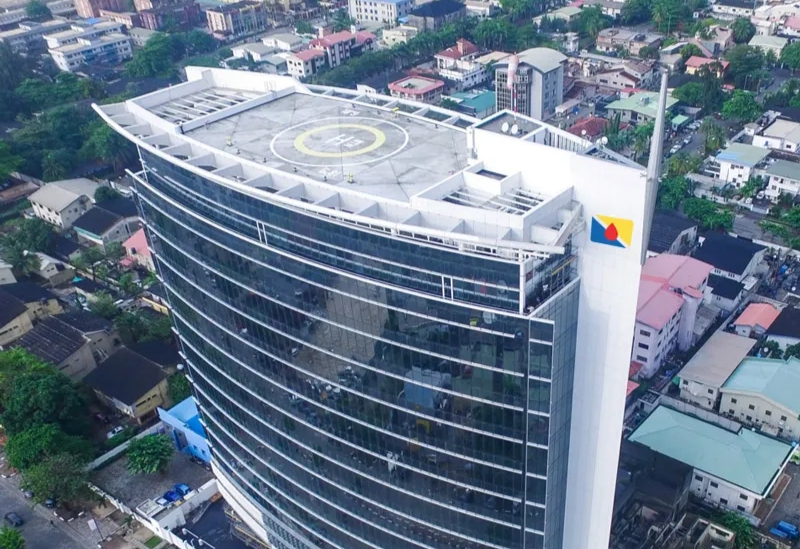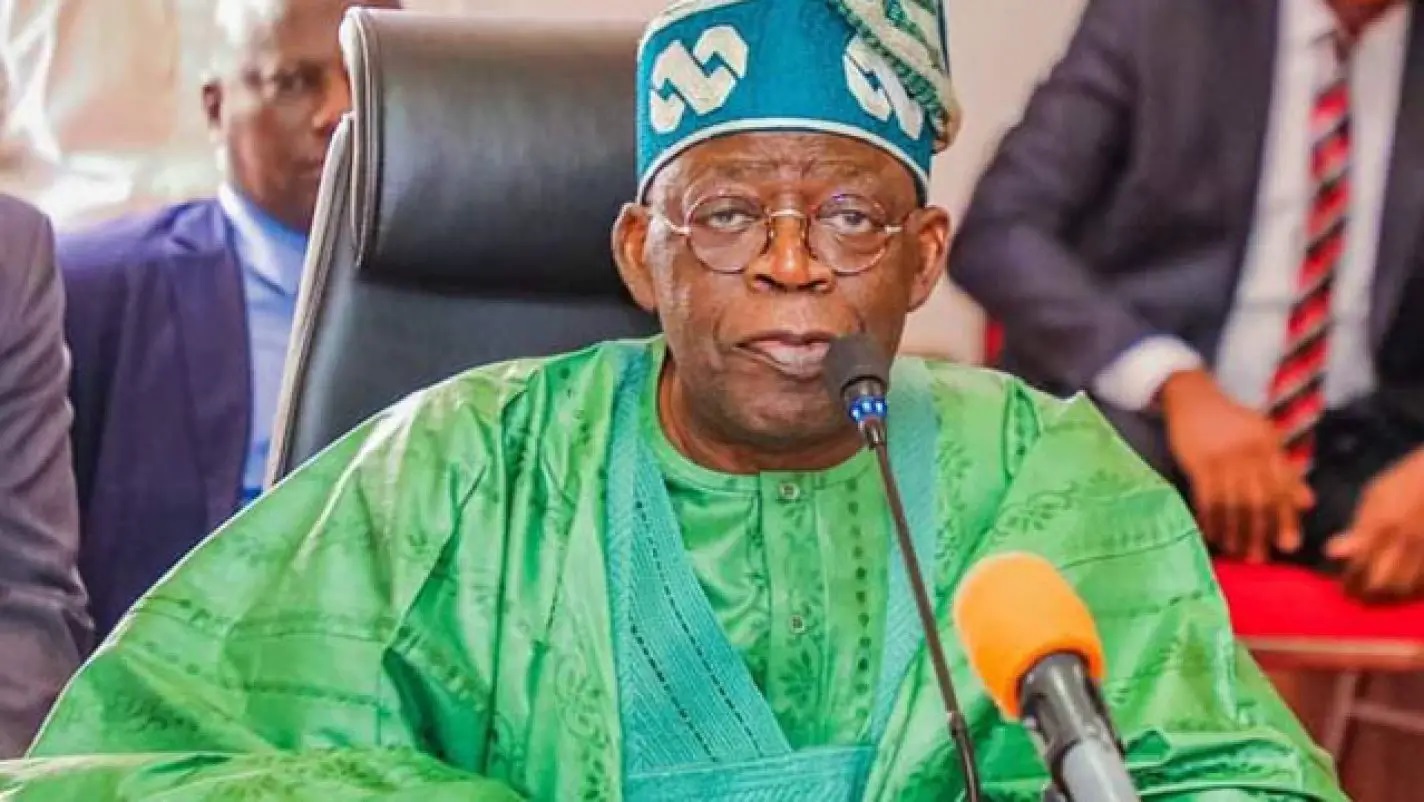
•President says no economic development without reliable power supply
•Directs expansion of transformer substations to three phases
•Deal seeks to raise Nigeria’s power supply to 25GW from current 5GW
Deji Elumoye and Emmanuel Addeh in Abuja
President Bola Tinubu yesterday moved to accelerate the much talked about Siemens energy deal, assuring the technical contractor handling the Presidential Power Initiative (PPI) of his administration’s full commitment to improving the country’s electricity supply and enhancing the livelihood of Nigerians.
Tinubu made the commitment during a meeting with a delegation of the German energy giant at State House, Abuja, led by its Managing Director for Middle East and Africa, Dietmar Siersdorfer.
He stated that the power sector was central in efforts to stimulate the economy, particularly in the industrial, educational, and healthcare sectors.
Nigeria’s deal with Siemens, officially known as the PPI, was launched in 2019 by the Muhammadu Buhari administration to overhaul the country’s electricity supply, especially the transmission and distribution parts of the power system.
The guiding idea was that although Nigeria actually had generating plants that could produce more power than citizens currently received, much of that electricity was lost or stranded because the grid was weak.
The project was planned in three phases. The first phase aimed to raise the amount of power that could reach consumers from about 5,000 megawatts to roughly 7,000 megawatts. The second phase targeted about 11,000 megawatts, while the third phase envisioned reaching around 25,000 megawatts.
Although the Siemens programme emphasised growing the transmission and distribution infrastructure, upgrading old substations, replacing overloaded transformers, installing modern control systems, and improving the reliability of power lines, the timelines had been missed severally.
Some early progress was recorded under the “Phase Zero” stage, where Siemens supplied and installed mobile power substations and large transformers in key areas. These additions had increased the grid’s ability to carry more power and improved reliability in some locations.
But during the meeting in Abuja, Tinubu stressed that completion of the phased power project will give Nigeria a place of pride on the continent by harnessing the latent potential in human and material resources across various sectors.
The meeting was attended by Vice President Kashim Shettima; Minister of Finance and Coordinating Minister of the Economy, Wale Edun; Minister of Power counterpart, Adebayo Adelabu; and Special Adviser on Energy, Olu Verheijen.
Tinubu told the gathering, “There is no industrial growth or economic development without power. I believe that power is the most significant discovery of humanity in the last 1,000 years.
“I appreciate the partnership on the initiative. The progress of the project to date is notable, and we can feel it. But it is not where we want it to be.”
He added, “We appreciate the support and commitment of the German government and Siemens. The investment you are making and your commitment align with the future of this country.
“Our education, our health care, and our transportation, all depend on energy, and without power, it is an impossible objective.
“We are taking it very seriously.”
The president also directed the expansion of some major transformer substations, from two to three phases, to boost the country’s power supply.
He stated, “We are all inspired and happy. This is what we want to achieve on the continent. We want everyone to see the glory of our economic recovery and banishment of poverty.’’
Tinubu assured the delegation that the government will continue to provide the needed resources for the power project.
Essentially, Nigeria’s power supply problem is rooted in a mismatch between what is generated and what actually reaches consumers. On paper, the country has the capacity to generate over 13,000 megawatts of electricity, but in reality, only about 5,000 megawatts are consistently delivered to homes and businesses.
The main issue is not just generation, but the transmission and distribution network, which is too weak to carry the power that is produced. Ageing substations, overloaded transformers, and frequent system collapses mean large portions of electricity are lost before they reach users.
Distribution companies also struggle to collect revenue efficiently. Many consumers are not metered and rely on estimated billing, which reduces trust and payment discipline. Poor revenue collection weakens the financial stability of the sector, making it difficult to invest in repairs or expansion.
Gas supply to power plants is another bottleneck, as pipeline disruptions and pricing disputes often affect the amount of power that can be generated, in the first place.
The result is unreliable electricity, widespread use of diesel and petrol generators, high operating costs for businesses, and lower competitiveness for industries.
Earlier, Minister of Power, Adelabu, stated that the power sector had achieved many critical milestones, including the decentralisation and liberalisation of the sector. He disclosed that the president signed the Electricity Act 2023, and a National Integrated Electricity Policy was developed after 24 years, attracting more than $2 billion of fresh investments. The minister said the policy had resulted in the activation of 15 state electricity markets.
Adelabu told the German delegation, “Since the signing of the Accelerated Agreement at COP28 in Dubai in December 2023, an event you personally attended, alongside the German Chancellor Olaf Scholz, the PPI has recorded notable milestones across its implementation phases.
“Under the Pilot phase (Phase Zero), we have achieved significant infrastructure upgrades and capacity enhancements that are already impacting grid stability and reliability across the country.
“Siemens Energy has successfully delivered and commissioned 10 units of 132/33kV mobile substations, three units of 75/100MVA transformers, and seven units of 60/66MVA transformers across key load centres nationwide, which have added 984mv of transmission capacity to the grid.’’
The minister stated that in December 2024, the Federal Executive Council (FEC) approved the commencement of the Engineering, Procurement, and Construction (EPC) contract for Phase One, Batch One of the PPI.
According to him, the scope encompasses the upgrade, installation, and inauguration of five key substations situated in Abeokuta, Offa, Ayede-Ibadan, Sokoto, and Onitsha.
He said, “I am pleased to report that plans for civil works mobilisation across all five locations have been finalised, concurrent manufacturing of the required equipment is ongoing, and two of the five substations are targeted for completion by the end of 2026.
“As we consolidate the gains from the pilot phase and phase one-first batch, we are also preparing to advance to phase one-batch two, which has a scope for the construction of new substations and the upgrade of existing ones across key load centres nationwide.
“Collectively, phase one batch two of the PPI comprises a total of six brownfield and 10 greenfield substations, with a cumulative impact of 4,104MW.”
Minister of Finance and Coordinating Minister of the Economy, Edun, stated that the completion of the PPI will enhance Nigeria’s ease of doing business, create more jobs for the youth, and reduce poverty.
Leader of the Siemens delegation, Siersdorfer, stated that two out of the five substations under construction were expected to be completed by December 2026. He said a training centre was already under construction to ensure the training of local talents in electrical engineering, as well as create more jobs, capture local content, and transfer technology.
Siersdorfer stated, “The PPI is not just a project but a platform for long-term development and prosperity.”
He informed the president that the PPI will transform Nigeria into a regional power hub, reflecting the depth of relations between Germany and Nigeria.
He stated, “Nigerian professionals will be engaged directly in the five project sites in Batch 1 for the site works, while thousands of jobs will be enabled in the local communities through purchased services, accommodation, and transportation, among others. These will further reflect the strength of our partnership and the viability of the roadmap we have built together.”
The representative of German Ambassador to Nigeria, Johannes Lehne, assured Tinubu of further support and collaboration with the German government.





